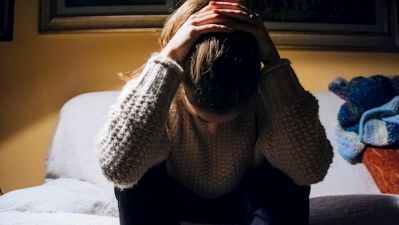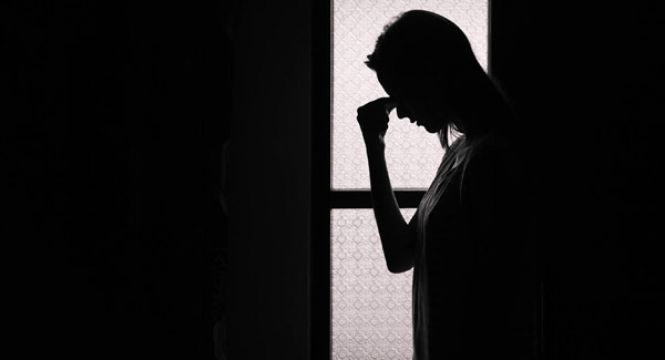A number of suicides among young women in west Dublin last year has been linked to the housing crisis, domestic violence, social media and recreational drug use, according to a HSE investigation.
The deaths of eight women in their 20s and early 30s over a 10-week period prompted the HSE report, according to the Irish Times.
Several were young mothers and the fear that their children could be removed by Tusla was given as one reason in the report why they did not seek help.
The investigation was ordered by the HSE’s national office of suicide prevention in response to the “situation regarding suicide within the Ballyfermot community”.
The area has had a female suicide rate three times the national average since 2015, with four of the women who died between April and July 2019 coming from the area.
The other women came from the nearby areas of Clondalkin, Tallaght and Palmerstown.
The HSE established a rapid assessment response team late last year, which conducted in-depth interviews across local services and with bereaved relatives between February and May 2020.
‘Contagion effect’
“The lives lost of these young women has been deeply traumatic to the area,” the report says.
Its aim is “not to make inferences about individual cases but identify potential risk factors to prevent future suicide clusters in Ballyfermot”.
According to the report, much of the Ballyfermot area is “significantly impacted by deprivation”, with small areas characterised by high unemployment, low school-completion rates and high proportions of families headed by lone parents.
Through summer 2019 there was a “palpable sense of fear and anxiety” that further suicides would occur.
An ongoing “contagion effect” was feared as most of the young women either shared friend groups or knew each other through social media.
“There was a feeling amongst research participants that the contagion effect may be stronger in young women, and that when one young mother dies by suicide, the psychological proximity felt can remove the protective barrier of parenthood for other young mothers against suicide ideation.”

A consistent view was “that underlying trauma is at the root of anxiety, depression or poor mental health for young women in the area”, particularly childhood trauma including domestic violence, alcohol or drug use, or mental ill-health in the childhood family home.
Current challenges included the housing crisis, with “many single parents . . . in and out of homelessness” while “almost all of the contributors referenced domestic violence as a key issue" with few supports in the area.
Social media was also said to put enormous pressure on young women to “look good, be active and popular”, and live up to unattainable versions of how they believed their lives should be.
If you are affected by any issue in this article, please contact Pieta House on 1800-247247 or the Samaritans by telephoning 116 123 (free) or by emailing jo@samaritans.ie







